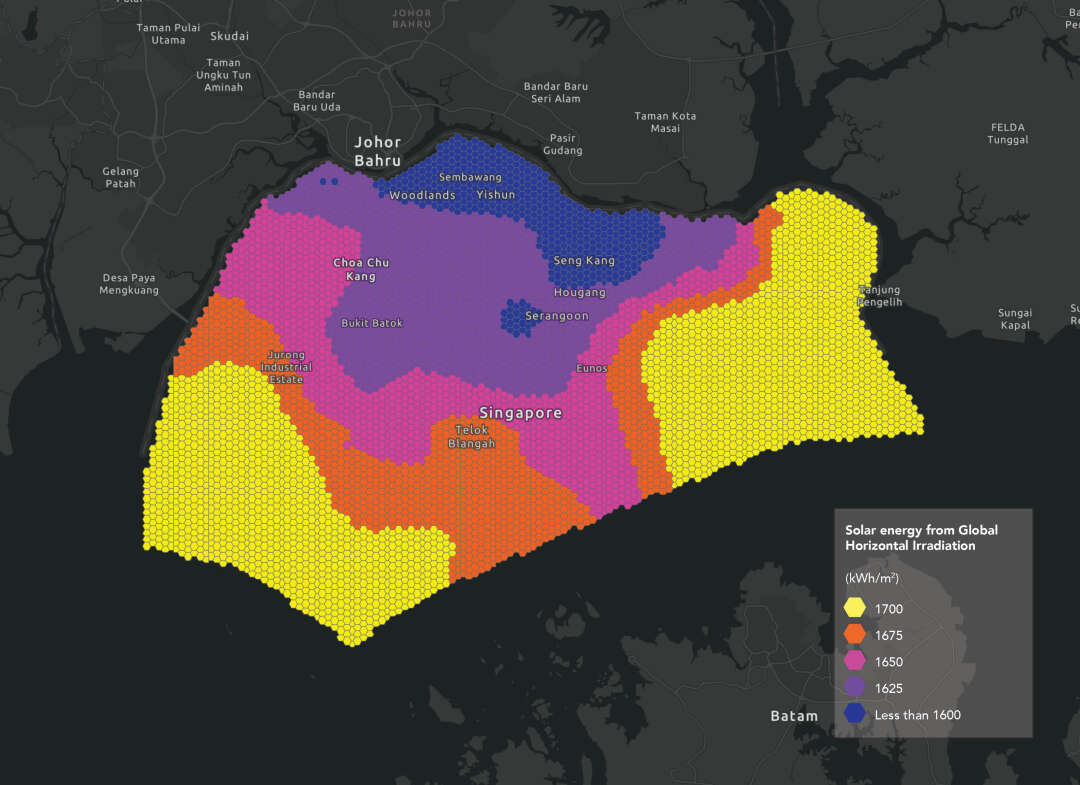
This model of Singapore presents the consolidated renewable energy potential of the island state and its surrounding waters considering solar, wind, hydro, biomass, and geothermal sources for electricity production. The aggregated total reaches 34 GWp.
The model has been created by the College of Design and Engineering of the National University of Singapore.
The CEA lab disassembled the old Fiat / Lancia Warehouse in Geneva with Materiuum and Anku. After building a dome with the reclaimed materials, waste material was left. These elements were integrated on the border of this stool. Moreover, Anku also builds modular structures and furniture in bamboo. The leftovers from these structures are just what was needed to make this stool the right size for the exhibition.
Through analysis of several case studies in Europe and Asia, the project aims at a better understanding of processes of extended urbanisation in agricultural territories, exploring their characteristics, outlining potentials for agroecological transitions, and formulating concrete design strategies and governance models. The interdisciplinary module contains work packages covering the sustainable agroecological design and governance arrangements, novel soil ecologies, nature's contributions to people, and the impact of renewable energy extraction in agricultural territories.
Find out more aboutA transition to a circular economy, in which used materials may become valuable resources for a new production cycle, is urgently needed. This project aims to develop integrated frameworks and tools based on advanced digital technology for informing the design, construction and management of circular buildings and deploying more effective resource solutions. It addresses the questions of which contributions future circular cities can make to lower adverse environmental impacts and how to derive tailored, site-specific system solutions for sustainable housing.
Find out more about